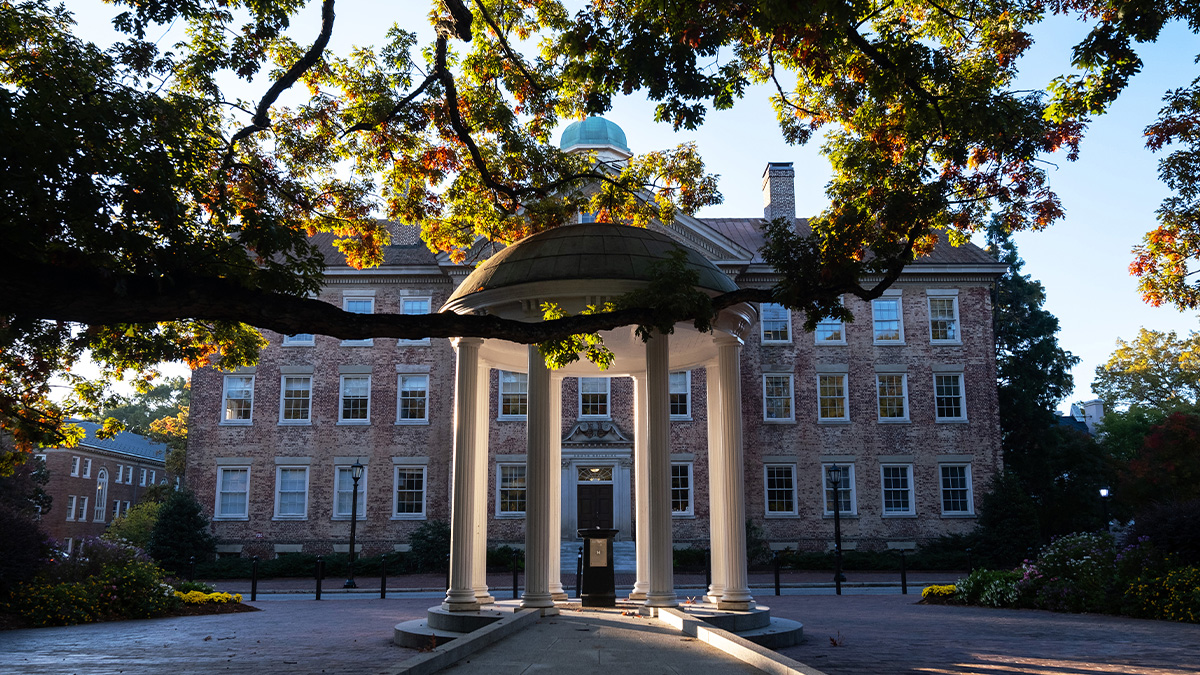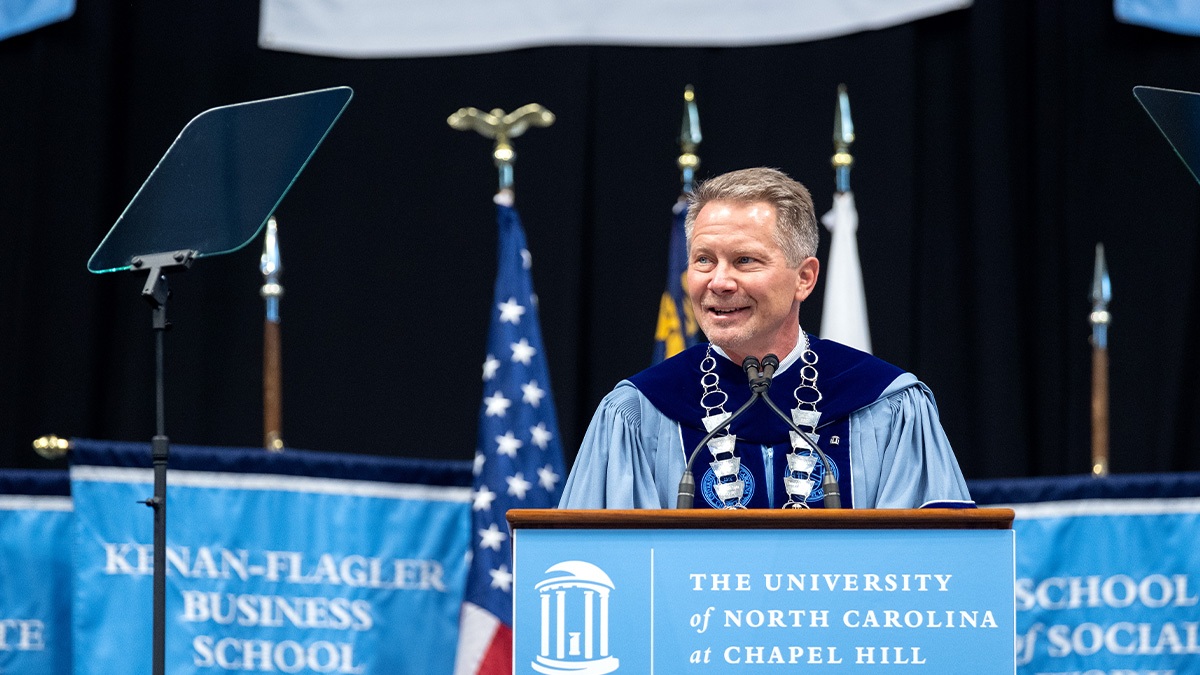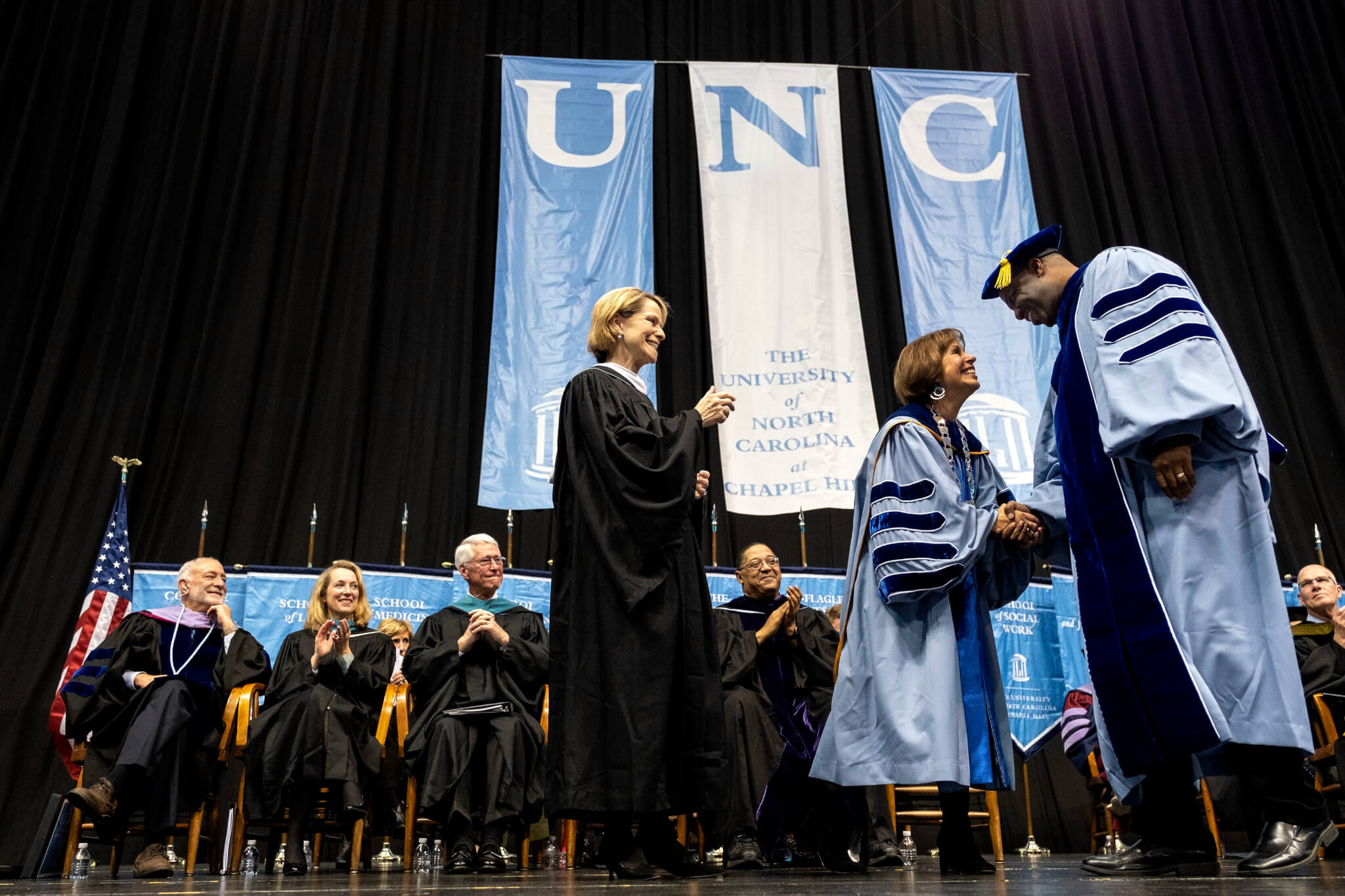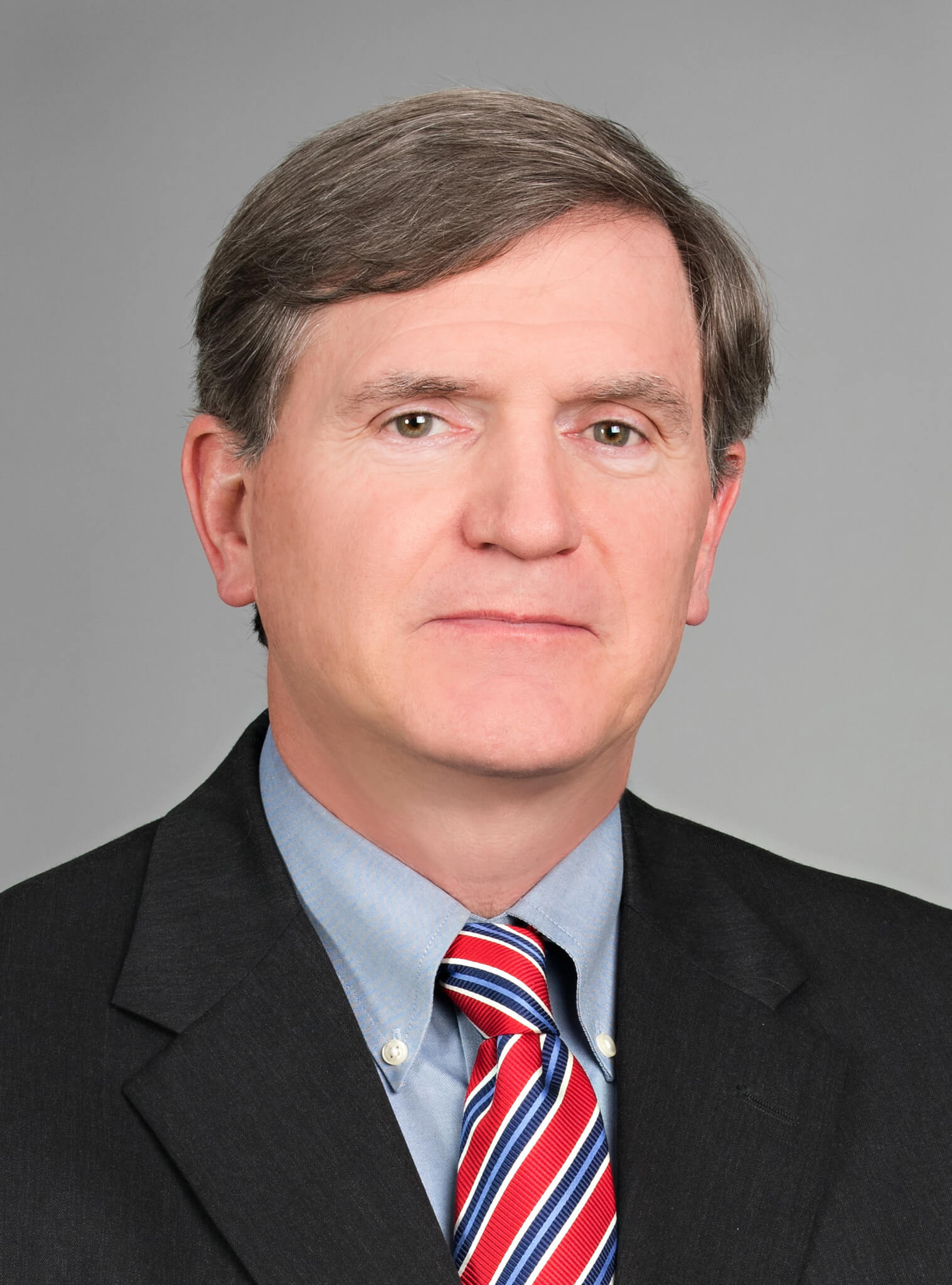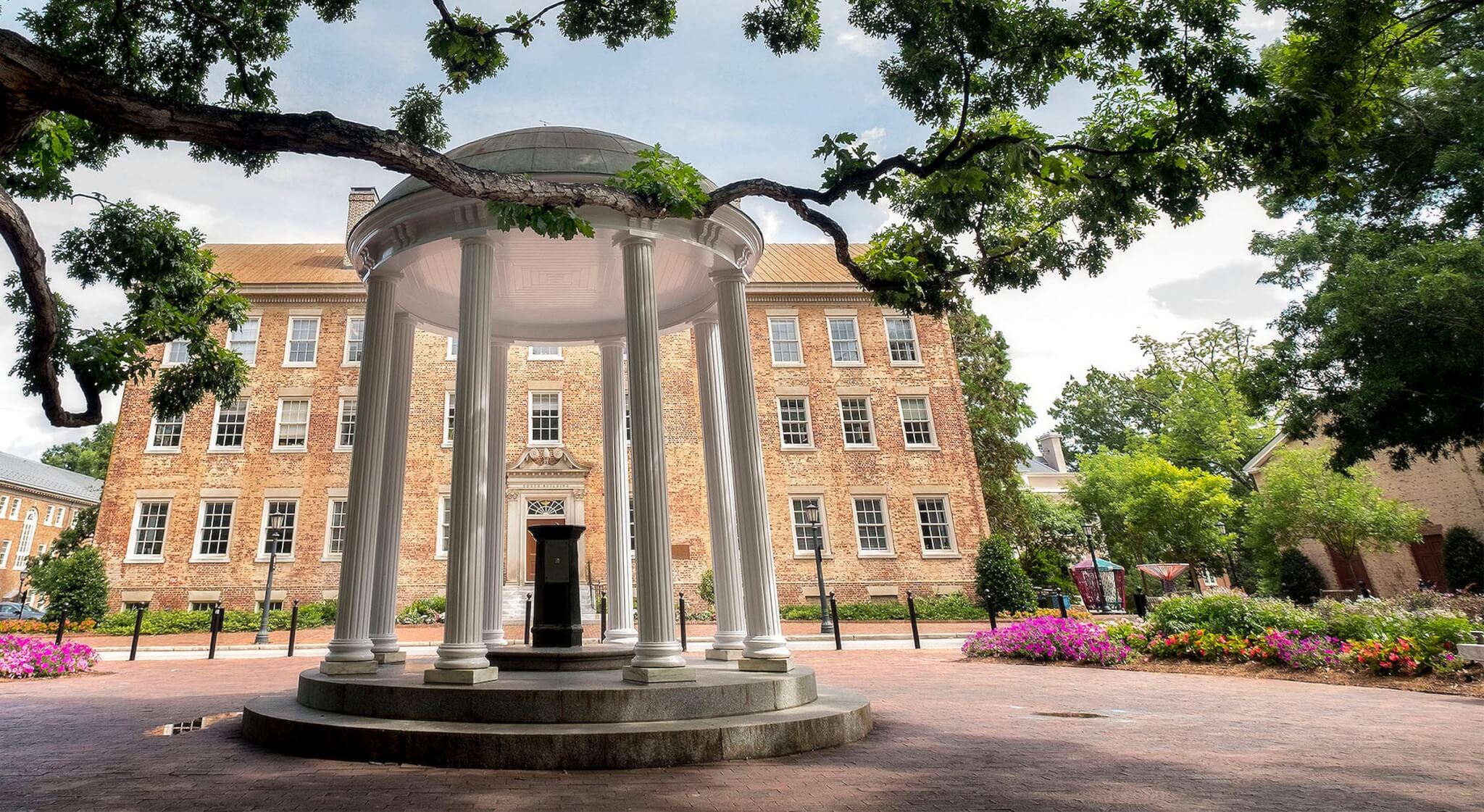Message from Chancellor Carol L. Folt on Centers and Institutes
Last Friday, the Board of Governors voted to close the Center on Poverty, Work and Opportunity, concluding a process that has sparked passionate and emotional conversation.
Dear Members of the Carolina Community:
Last Friday, the Board of Governors voted to close the Center on Poverty, Work and Opportunity, concluding a process that has sparked passionate and emotional conversation.
This decision followed a broad, months-long review of UNC system centers and institutes that was mandated by the Legislature. The path was full of challenges, and I appreciated the board’s commitment to working with us to learn more about our 78 centers and institutes. Our directors made excellent presentations, which clearly demonstrated the high value of our centers and institutes to the state. Most centers and institutes were validated and will continue their great work. The board also recommended that we evaluate whether more resources are needed at the Carolina Women’s Center.
Much of the public conversation during this process, of course, has focused on the Poverty Center. As I have said before, we are disappointed with the board’s decision to close the center and disagreed with the action. But the closing, while controversial, was within the board’s purview. What we can control now is ensuring that the University’s work on poverty continues. I believe we must use this moment to unite our University’s collective efforts in order to have an even greater impact on poverty – and with perhaps more focus and energy than at any other time in Carolina’s history. One way to do this is through a pan-university working group, which I asked Provost Jim Dean to convene. The Board of Governors assures me that they understand the critical need in this state for an ongoing commitment to the issue of poverty and that they support our efforts.
The decision to close the Poverty Center also opened a broader debate on freedom of speech. I have heard from many who view the closure of this center as striking at who we are as a University. They say they fear this decision will have a chilling effect, not only on their efforts to address poverty, but also on their ability to instruct, advocate and conduct scholarly activities without infringement. These comments are deeply concerning, and we must do everything in our power to assuage these fears.
I share our community’s fundamental belief in academic freedom and freedom of speech and will always defend these essential rights of our faculty, staff and students. That is central to Carolina’s mission, and indeed all great universities are built around these core values. I believe the Board of Governors agrees with this vision; this fundamental principle must continue to be a hallmark at America’s first and one of her greatest public universities.
At the Board of Governors meeting last week and at previous meetings, in letters to local media and on social media, students, faculty and staff from Carolina and other UNC campuses have been voicing their concerns and showing their commitment to participating in the governance of our universities. They have demonstrated that our campus is a living laboratory for democracy. As it is often said, democracy can be messy and loud, and, above all, it is something we should cherish. This part of higher education too must be protected: our right to debate, advocate, agree and disagree. What should not be lost in the emotion of debate is our mutual goal – of our campus and of our boards – of advancing Carolina’s critical mission. Our aspiration is to be a University of the people – all of the people – and what we can achieve when we work together has no bounds.
Sincerely,
Carol L. Folt
Chancellor
